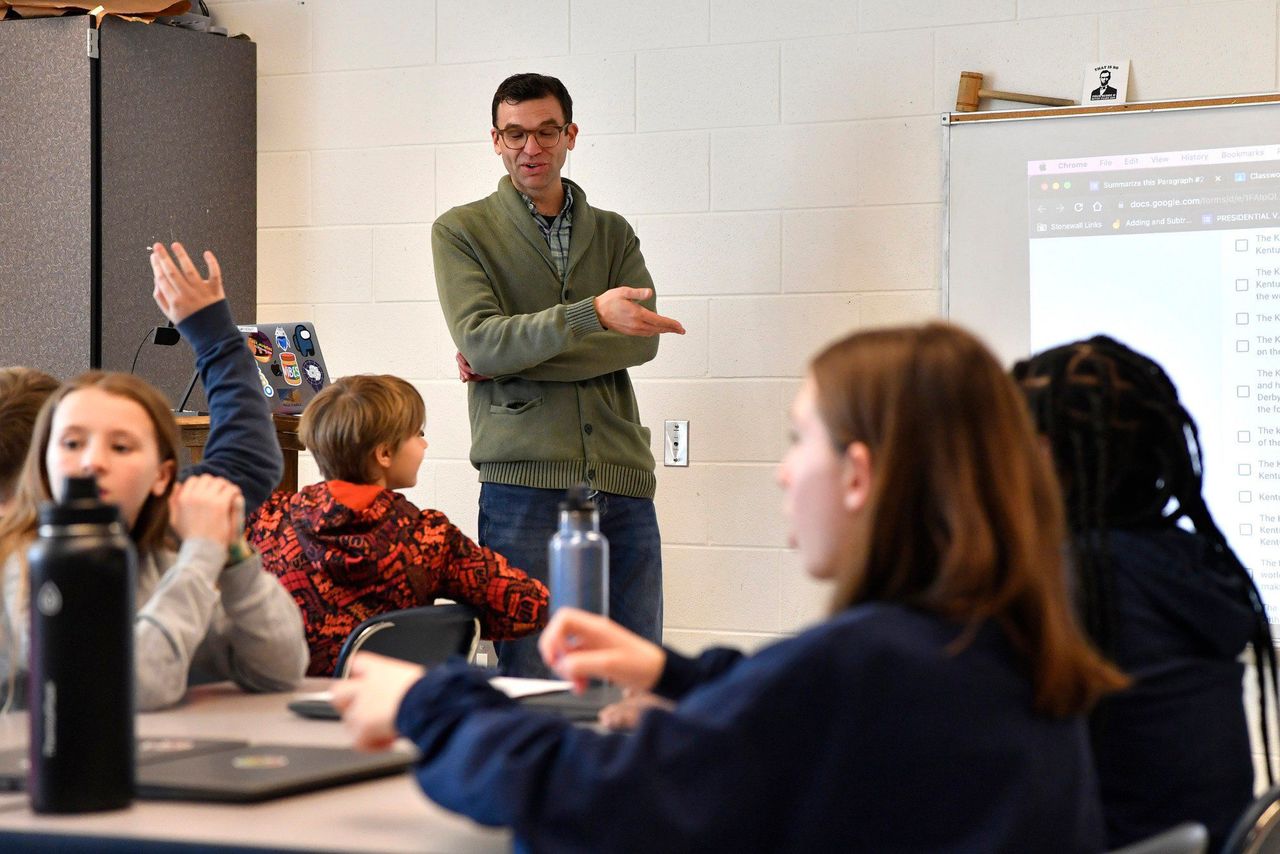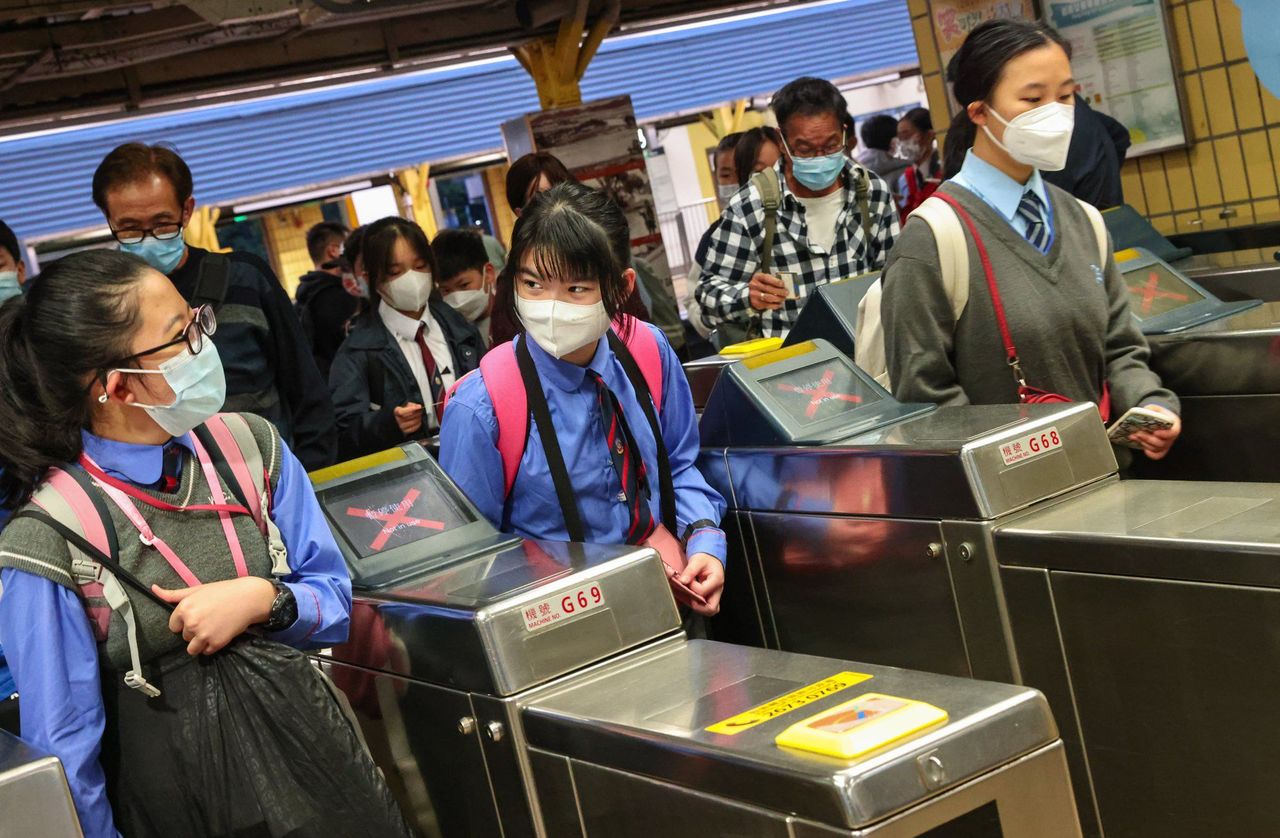Hong Kong News

How Hong Kong can look within to nurture the talent it needs
The government’s efforts to attract global talent to Hong Kong are both necessary and important. An ageing population, low birth rate and waves of emigration are coming together to threaten the city’s talent pool. Even so, there are uncertainties over a strategy to import talent.
For example, there is stiff competition from countries such as Singapore, Japan and South Korea, which also are seeking new talent. In addition, it has been reported that about 95 per cent of the approved applications for visas under Hong Kong’s latest talent scheme came from candidates on the mainland. Transferring talent from one part of the country to another might not be in the national interest.
If importing talent is one strategy, growing local talent should be another. The demographic changes affecting schools are one factor to consider in developing a local talent growth strategy.
The authorities have projected that Hong Kong’s school-age population faces a structural decline. According to the Census and Statistics Department, the school-age population is predicted to fall from around 12 per cent of the total population in 2019 to 8 per cent by 2069.
The key issue, however, is to focus on those who make up the system rather than its decline. One challenge is how to manage schools with declining numbers.
However, far more important is the development of a strategy to ensure the future talent pool is nurtured and properly equipped for the future. This includes the potential of universities to be part of creating the city’s talent pool. There can be no wasting of human potential with a shrinking population.
Any growth strategy must start with the earliest years of education, then move on to primary and secondary schooling and finally embed itself in our universities and tertiary institutions. The key questions across these sectors are what kind of graduates we need and how we can align priorities to ensure the system is capable of producing such graduates. Addressing these questions will provide the foundation for a local talent development strategy.
The early years of preschool education are recognised as a crucial time for the development of foundational skills and values. Parents often like to use these years to focus on the development of language and mathematics skills to prepare children for primary education.
These foundational skills can be integrated into a broad programme that capitalises on children’s natural curiosity and capacity to engage with their teachers and peers in creative learning activities. In these early years, young children need to take in significant content and learn in interesting, engaging ways. This establishes good learning habits for Hong Kong’s future talent.
As students move into the primary years, their foundational skills will continue to develop. This needs to be done in the context of modern technology and social media that are consistent with the everyday lives of students. We should assume that artificial intelligence will be integrated into the mainstream as a learning tool, that classrooms will be places to work together and that students will learn more than they do now.
 A teacher goes over the results of a writing assignment called ‘Find the
Bot’ during his class at Stonewall Elementary in Lexington, Kentucky,
on February 6. The students summarised a text about boxing champion
Muhammad Ali then tried to figure out which summaries were written by
classmates and which was written by ChatGPT.
A teacher goes over the results of a writing assignment called ‘Find the
Bot’ during his class at Stonewall Elementary in Lexington, Kentucky,
on February 6. The students summarised a text about boxing champion
Muhammad Ali then tried to figure out which summaries were written by
classmates and which was written by ChatGPT.
We must recognise the importance of learning in the lives of students and that it will play a fundamental role from this point onwards. The foundations of learning societies are laid in these years.
As students reach their adolescent years, two things must be recognised. They are undergoing significant physical and mental changes, and more is being expected of them from their parents, their schools and the broader society.
These are also crucial years for consolidating learning skills, introducing students to higher levels of knowledge and preparing them for major transitions to work or further study. But this should not be done in the old ways of rote learning and examination culture.
Students must emerge from secondary schooling as creative, innovative learners eager for the next stage of learning. They must be committed not only to their own development but also to that of the city and the country.
 Secondary school students at Sheung Shui MTR station on February 8.
Secondary school students at Sheung Shui MTR station on February 8.
There will be many enticing options for these secondary school graduates, either in further study or in the workforce. Whatever their destination, they must be able to contribute to new ways of doing things and be able to introduce new thinking in whatever they do. Their previous education must prepare them for these roles.
Universities and other forms of tertiary education must ensure students in each round of admission find their way into occupational and professional areas where their skills and talents are most needed. They should not just be apprentices, whether they are technicians or AI specialists. They need to be entrepreneurs in whatever they do – thinking differently, thinking creatively and moving their fields forward with new ideas.
The entrepreneurs at the university level played in the early childhood learning centre when they were younger. They did not become an entrepreneur all at once; they developed their skills over time from the creativity of kindergarten to the demands of scientific thinking in the science, technology, engineering and mathematics (STEM) classroom. The education system must be capable of sustaining this long-term development so local students can contribute to Hong Kong’s talent pool of the future.











